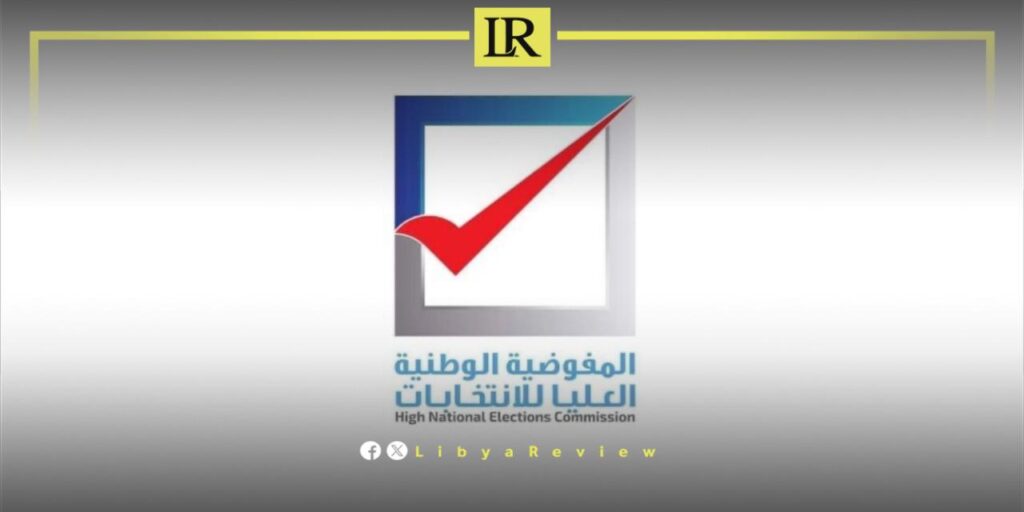The High National Elections Commission (HNEC) in Libya announced on March 25, 2025, that a total of 449,616 voters have registered for the upcoming elections across 62 municipal councils. This figure includes 316,723 male and 132,893 female registrants, highlighting a robust participation as the country prepares for these local elections.
The Commission issued a warning to potential candidates who have not yet registered in the voter registry, stressing the importance of prompt registration in the municipalities where they intend to run. Registration is a mandatory requirement for candidacy acceptance, and failing to meet this condition could result in disqualification from the electoral process.
Further, the Commission advised that candidates who are not yet registered as voters must complete their registration before the deadline. Non-compliance with this requirement will lead to the cancellation of their candidacy and exclusion from the elections.
This registration drive is part of Libya’s efforts to bolster democratic processes at the local level, providing residents the opportunity to choose their representatives in municipal governance actively.
Libya has been in chaos since a NATO-backed uprising toppled longtime leader Muammar Gaddafi in 2011. The county has for years been split between rival administrations.
Libya’s economy, heavily reliant on oil, has suffered due to the ongoing conflict. The instability has led to fluctuations in oil production and prices, impacting the global oil market and Libya’s economy.
The conflict has led to a significant humanitarian crisis in Libya, with thousands of people killed, and many more displaced. Migrants and refugees using Libya as a transit point to Europe have also faced dire conditions.
The planned elections for December 2021 were delayed due to disagreements over election laws and the eligibility of certain candidates. This delay has raised concerns about the feasibility of a peaceful political transition.
Despite the ceasefire, security remains a significant concern with sporadic fighting and the presence of mercenaries and foreign fighters. The unification of the military and the removal of foreign forces are crucial challenges.


